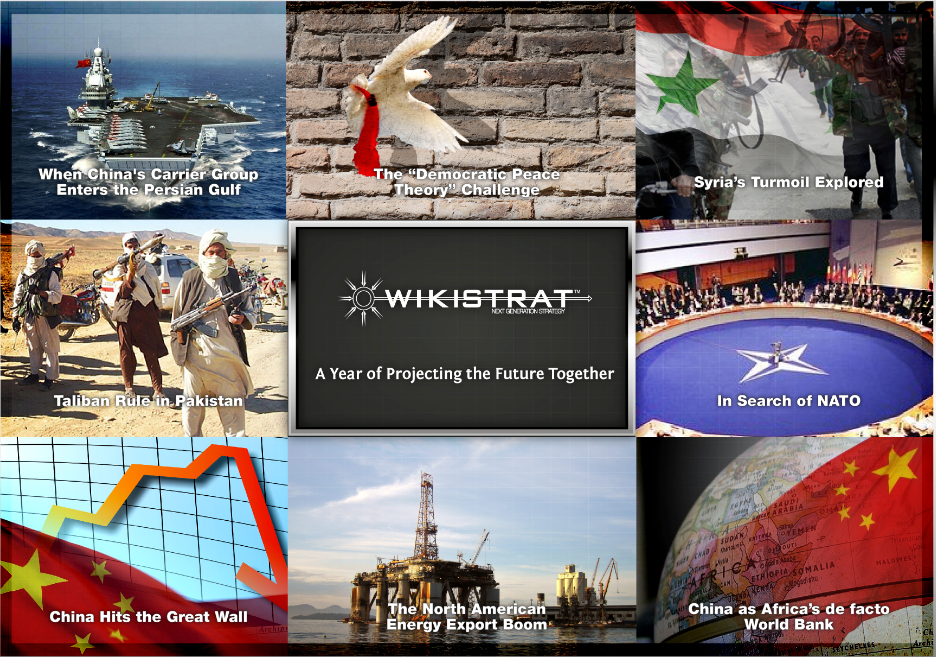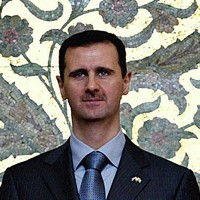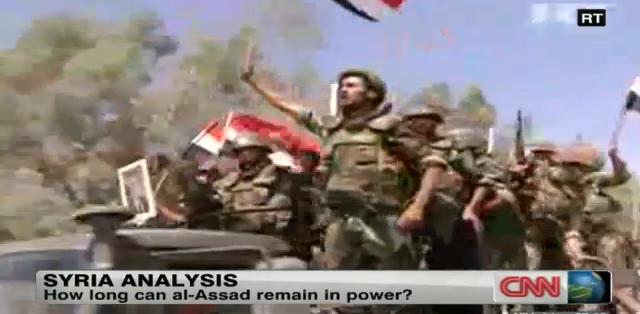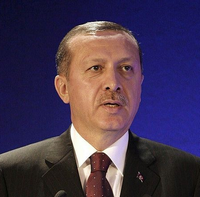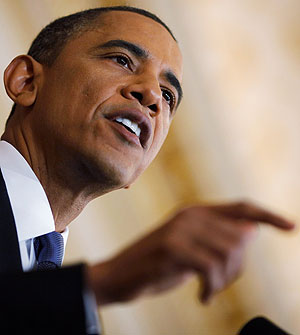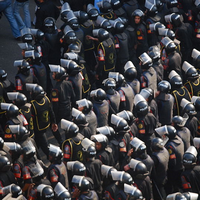Delivering a PPT in the PNT
 Friday, October 26, 2012 at 11:44PM
Friday, October 26, 2012 at 11:44PM

Was approached by a group at the Joint Staff a while back to present to a working group focused on a particular operational theater. The group regularly hosts speakers for an audience of about 75 flags, officers and senior civilians, with VTC to a large number of overseas commands. Audience also had a number of foreign senior officers.
The sponsor had asked to discuss near- and mid-term issues that could prove disruptive to security issues under their purview. Because my current brief is more long term, I saw this as a chance to brief a number of Wikistrat sims. So the bulk of the brief was on four sims we've done over the past couple of years now.
Little bit nervous going in, because it was a significant audience in terms of hierarchy, so a good test of the product line - as it were. Unlike a pitch where you talk about the methodology and the company, this was a pure product presentation. Not a demo, but actual product that had to stand on its own - as in, nowhere to hide behind hand-waving.
Joel Zamel was there as well to answer questions on the company and methodology.
I did 28 slides at a podium. Couldn't move around due to the VTC cameras. Also had to finger a screen to advance the slides (tap, tap, tap). All in all, a terrible set-up for somebody like me, and I often feel like I underperform in those situations (I don't get complaints; it just doesn't feel as gloriously un-self-conscious as the perfect set-ups - for me - do). But for whatever reason, it worked great and I got my head around the delivery and banged out about 30 mins of presentation, followed by another 30 or so of Q&A that felt even better. Audience was really great. Really interesting questions and super engaged. What you expect from that level of crowd. So you give what you get (e.g., my humor was above average), as the best audiences always get the best briefs. It's just how it works.
Still, you just never know going in. I tend to be pretty quiet right up to the point, because it takes a lot of energy. And yes, some nerves on the product. But the material was received very well, which was very gratifying. Big league audience in the bowels of the Pentagon and Wikistrat - at only three years old - comes off as top flight. We fielded a lot of powerfully positive comments and feedback. Extremely validating.
Follow-on lunch inside the Building with a crew of USA younger officers who are all elite something or other in some prestigious fellows program. Most had seen me give my current standard globalization brief at Belvoir during my regular lectures there. That was a really nice discussion. Decent bisque, too.
Only really hard part was getting up at 0400 to fly there and back on same day, but nice to be back home for a movie with the kids at the end of their school week.
All in all, it felt like a genuine milestone.
You know, we run a lot of training simulations at Wikistrat. Really pretty much nonstop. And one of the things I'm always preaching throughout the community is that everything needs to be of high-enough caliber that, if I'm standing in front of a senior audience of serious operators and policy types at the Pentagon or some COCOM, I sound like the real deal from stem to stern. That's really the first threshold. Everybody knows we can do it fast and far less expensively, so the only remaining question is, Is the quality as good as anybody else's out there?
And that test was passed today (actually yesterday) - with flying colors.
And that is no small achievement.
So the community should feel very proud of itself and what it is accomplishing.
Because the quality is only going to keep improving. I'm seeing that elevate with each sim. Less correcting work for me as Chief Analyst, and more time to really work the synergizing write-up, so elevation across the board, as well as product I can stand in front of - inside the Pentagon and with a senior audience - and deliver without a hitch.
 China,
China,  Egypt,
Egypt,  Iran,
Iran,  Israel,
Israel,  Syria,
Syria,  US Military | in
US Military | in  Wikistrat |
Wikistrat |  Email Article |
Email Article |  Permalink |
Permalink |  Print Article
Print Article 








